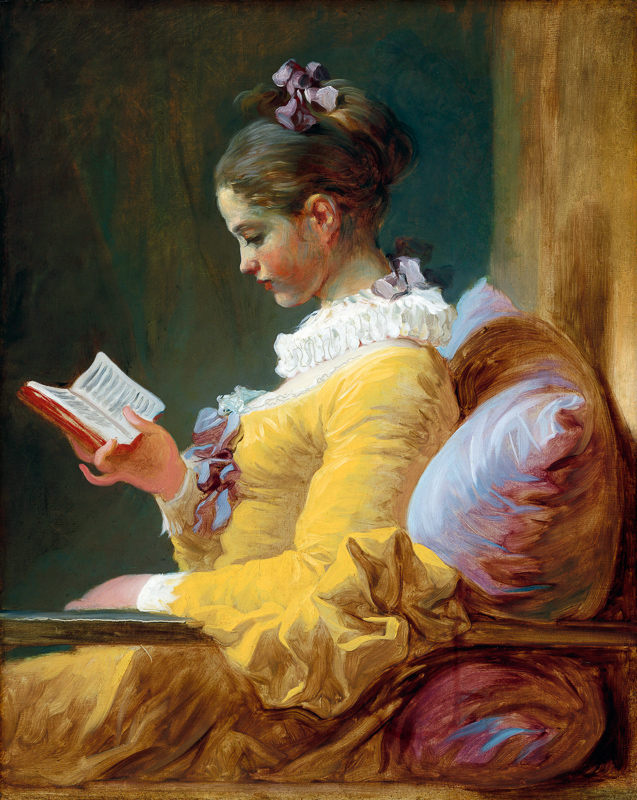CONJUGATION OF THE FRENCH VERB ROMANCÉ
INDICATIF
TEMPS SIMPLES
Présent
je romance
tu romances
il/elle romance
nous romançons
vous romancez
ils/elles romancent
Imparfait
je romançais
tu romançais
il/elle romançait
nous romancions
vous romanciez
ils/elles romançaient
Passé simple
je romançai
tu romanças
il/elle romança
nous romançâmes
vous romançâtes
ils/elles romancèrent
Futur simple
je romancerai
tu romanceras
il/elle romancera
nous romancerons
vous romancerez
ils/elles romanceront
TEMPS COMPOSÉS
Passé composé
j'ai romancé
tu as romancé
il/elle a romancé
nous avons romancé
vous avez romancé
ils/elles ont romancé
Plus-que-parfait
j'avais romancé
tu avais romancé
il/elle avait romancé
nous avions romancé
vous aviez romancé
ils/elles avaient romancé
Passé antérieur
j'eus romancé
tu eus romancé
il/elle eut romancé
nous eûmes romancé
vous eûtes romancé
ils/elles eurent romancé
Futur antérieur
j'aurai romancé
tu auras romancé
il/elle aura romancé
nous aurons romancé
vous aurez romancé
ils/elles auront romancé
SUBJONCTIF
TEMPS SIMPLES
Présent
que je romance
que tu romances
qu'il/elle romance
que nous romancions
que vous romanciez
qu'ils/elles romancent
Imparfait
que je romançasse
que tu romançasses
qu'il/elle romançât
que nous romançassions
que vous romançassiez
qu'ils/elles romançassent
TEMPS COMPOSÉS
Passé
que j'aie romancé
que tu aies romancé
qu'il/elle ait romancé
que nous ayons romancé
que vous ayez romancé
qu'ils/elles aient romancé
Plus-que-parfait
que j'eusse romancé
que tu eusses romancé
qu'il/elle eût romancé
que nous eussions romancé
que vous eussiez romancé
qu'ils/elles eussent romancé
CONDITIONNEL
TEMPS SIMPLES
Présent
je romancerais
tu romancerais
il/elle romancerait
nous romancerions
vous romanceriez
ils/elles romanceraient
TEMPS COMPOSÉS
Passé (1ère forme)
j'aurais romancé
tu aurais romancé
il/elle aurait romancé
nous aurions romancé
vous auriez romancé
ils/elles auraient romancé
Passé (2ème forme)
j'eusse romancé
tu eusses romancé
il/elle eût romancé
nous eussions romancé
vous eussiez romancé
ils/elles eussent romancé
IMPÉRATIF
TEMPS SIMPLES
